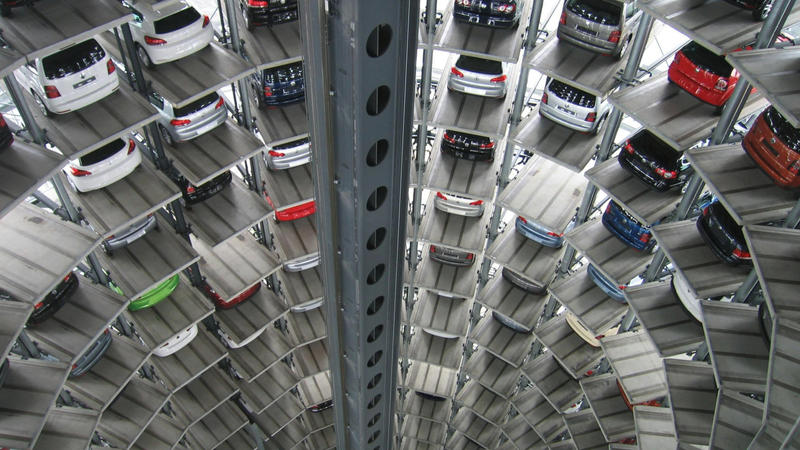Published 14:31 IST, October 18th 2024
China’s smart cars will drive fast, but not far
Horizon Robotics, which makes hardware and software for assisted and autonomous driving, will sell shares at a price ranging from HK$3.73 to HK$3.99 in its IPO.

Near horizon. Enthusiasm for connected cars is about to get a challenging road test in what could be Hong Kong's biggest initial public offering of the year. Horizon Robotics is aiming for a valuation as high as $6.7 billion in its market debut. That’s punchy to start with, and its longer-term success rides mostly on the rise of assisted and autonomous driving in the world’s largest auto market. Drivers elsewhere are more wary of the technology, and security concerns complicate expansion.
Horizon’s listing will raise nearly $700 million if it prices at the top end of the price range released on Wednesday. China is ready for smarter cars: vehicles boasting features like automatic lane changes - known as Level 2+ driving assistance - accounted for 7.3% of the market in the first quarter, per research outfit Canalys, higher than the 5.5% global rate forecast for 2024. Car buyers in the People's Republic increasingly look for assisted driving features in new models and factor that into their decisions: around 90% think functions such as automated parking pilots are important, roughly twice as many as in Germany and the U.S., according to a PwC survey.
Horizon is the largest provider of the requisite hardware and software to local manufacturers, according to its prospectus, and the company helps international marques like joint venture partner Volkswagen in the country, too. Revenue grew 152% year-on-year to 935 million yuan ($132 million) in the first six months of 2024, far higher than the rates forecast for peers including Mobileye and Hesai this year.

Overseas expansion will be tougher. Last month, U.S. President Joe Biden proposed a ban on Chinese connected cars on national security grounds. The European Union has similar concerns, Politico reports. That complicates plans to explore Europe, South Korea and Japan, all of which have fraught relations with Beijing. Meanwhile, foreign drivers appear to be slower adopters of more automation in vehicles. Some 89% of Chinese drivers consider it a “useful development”, versus 50% in Germany, according to Horizon’s prospectus.
Pricing is tricky as well. Around half of Chinese car buyers now expect L2+ features as standard and at no extra cost, analysts at Bernstein point out. That could prompt carmakers to demand Horizon lower its prices, potentially deepening its net loss which expanded to 5.1 billion yuan in the first half, from 1.9 billion yuan in the same period last year.
The IPO valuation seems a big stretch. If the company matches first-half sales in the six months to the end of December and sells shares at the top of the range, the stock will be worth 25 times full-year revenue. That's much higher than the average 3.6 multiple a basket of comparable suppliers and self-driving carmaker pioneers Tesla and Xpeng trade at. Horizon’s debut may be too fast and furious.
Context News
Horizon Robotics, which makes hardware and software for assisted and autonomous driving, will sell shares at a price ranging from HK$3.73 to HK$3.99 in its upcoming IPO , according to a filing on Oct. 16. The global offering would value the company at up to HK$52 billion ($6.7 billion), excluding any overallotment, and could raise up to $696 million. Horizon recorded a net loss of 5.1 billion yuan ($716 million) in January to June 2024, compared with 1.9 billion yuan a year earlier, its prospectus shows. Revenue increased 152% year-on-year to 934 million yuan in the same period. The U.S. Commerce Department on Sept. 23 proposed prohibiting key Chinese software and hardware in connected vehicles on the country's roads due to national security concerns, a move that would effectively bar Chinese cars and trucks from the U.S. market.
Updated 14:31 IST, October 18th 2024
